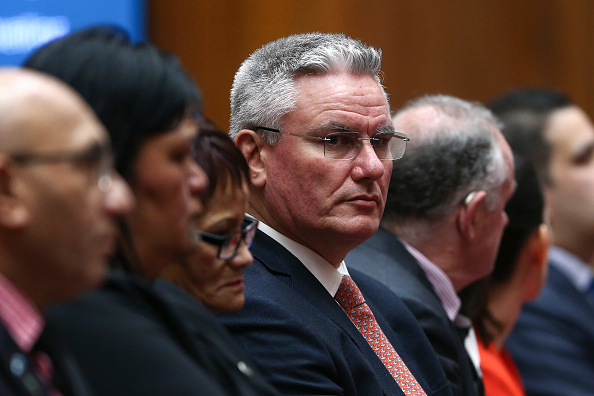Work will soon begin on a revamp of the Māori medium and Kaupapa Māori pathways programme in a bid to reconnect more Māori tamariki with their language and culture, Associate Minister of Education, Kelvin Davis announced today.
The move, which will see legislation likely introduced in early 2023 to provide a regulatory framework for growing the sector, is aimed at seeing 30% of Māori learners participating in Kaupapa Māori/Māori medium education by 2040.
“This is a change I called for when I was a principal. It is a change that kōhanga, kura and wānanga have fought for; and a change that whānau, hapū and iwi, parents and Māori communities want,” Mr Davis (pictured) said.
“The Kaupapa Māori Education pathway has been hard fought for by many that have come before us. But it has existed inside an education system that was not built for it, and therefore, cannot fully deliver on the aspirations Māori hold for the way we educate our future generations.”
He said engagement will begin with sector stakeholders and iwi over the next few weeks with the aim of creating a system built with Māori, for Māori and delivered by Māori.
A key focus will be to clearly understand the difference between what is now being defined as Māori medium education and Kaupapa Māori education. There are strong views on the different roles of both, so there is a need to respect each one, Mr Davis said.
“In particular, Kaupapa Māori education follows a different pathway from the English medium education system, yet for too many years we have used the technique of comparison to find ways to fit Kaupapa Māori education into this system.”
“We are committed to our target of 30 per cent Māori learners by 2040, which would result in 60,000 more Māori learners, 3,500 kaiako fluent in te reo Māori and 250 more kura.”
The work will be overseen by an independent Māori Education Group, Te Pae Roa.
This group will provide oversight of the engagement process, and the subsequent development and implementation of the overall work programme, including legislation, in partnership with Māori, the Associate Minister said.
“It is important for Māori to have the ability to shape and direct this work from the outset. Te Pae Roa can maintain an independent voice, as we work to continue growing trust and confidence between Māori and the Crown,” he said.
Te Pae Roa will commence engagement with sector stakeholders and iwi over the coming weeks.
Current independent board members:
Dr Wayne Ngata (Chair)
Moe Milne
Jason Ake
Miriama Prentice
Rāhui Papa
Four positions are being held for Te Matakāhuki representatives including Te Kōhanga Reo National Trust, Te Rūnanga Nui o Ngā Kura Kaupapa Māori, Ngā Kura-ā-Iwi and Te Tauihu o Ngā Wānanga.
More information about the Board members can be found here.



